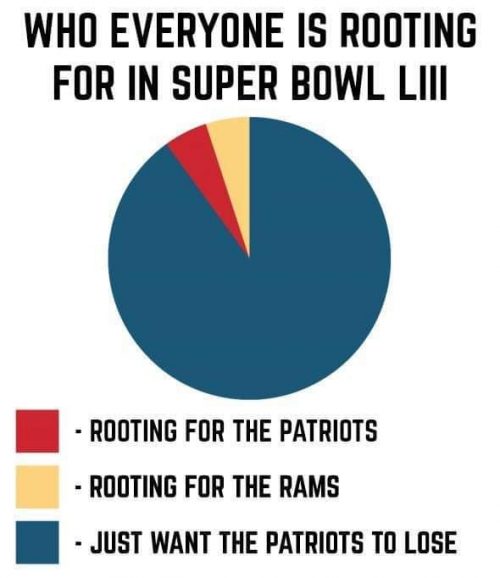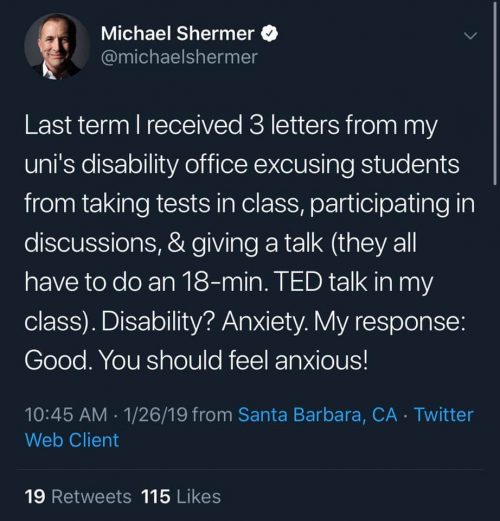He lies about everything, no matter how trivial.
Despite his citrusy complexion and raccoon-like pale circles around his eyes — like the ones caused by goggles inside a tanning booth — the company line is that it’s all just “good genes,” a senior administration official told the New York Times.
He must think we’re idiots to believe that.
Unfortunately, he’s right about that, at least for 26% of the country.









